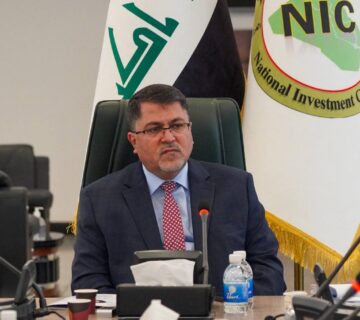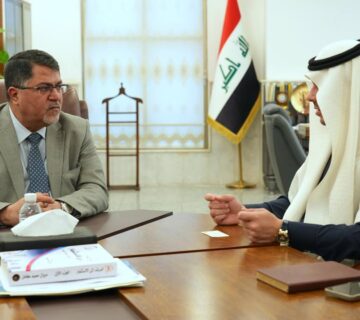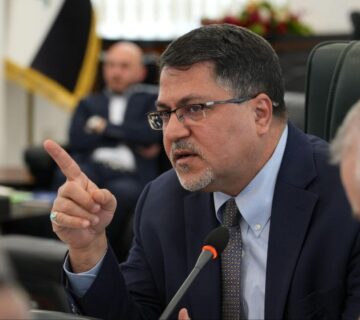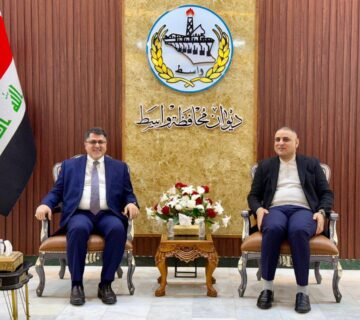The World Bank is the fundamental institution in funding long term financing for development purposes, now, other institutions were created to work as the World Bank group including international funding and the international financing commission. Recently the multi parties’ agency was established to ensure investment. The international financing commission (IFC) is one of the World Bank branches which aim at activating the economic expansion and encouraging the creation of productive private institutions in the developing countries.
Development and private investments in these countries should be allowed in addition to support their participation in the social and economic development. Accordingly, the institution was established in 1956 to represent the World Bank branch interested in developing the private sector. World Bank loans are allocated to governments because they work for the public sector so it was necessary to encourage the private sector by funding through contributions.
The whole idea is based on shortage in organizers in the developing countries who can take project risks in addition to participating in establishing companies which encourages private sector to access investment. The IFC philosophy is selling its share in a company when this company is strong enough. IFC contribution is one type of promoting investment to develop an ongoing investment portfolio. All World Bank members can be members in IFC and can represent these countries in World Bank institutions. IFC included 106 members in early 80s. Each country has a representative and a vise in governors’ council. They share the same Board of Directors and Bank Chairman. This also applies to executive managers.
The share value in IFC capital is one hundred thousand USD according to Article 2 which states the possibility of increasing the capital if most of the governors approve it if exceeding 10% of the capital, then 75% of the votes are required. All shares are to be paid in gold or USD.
Salar M. Ameen
NIC Vise Chairman





